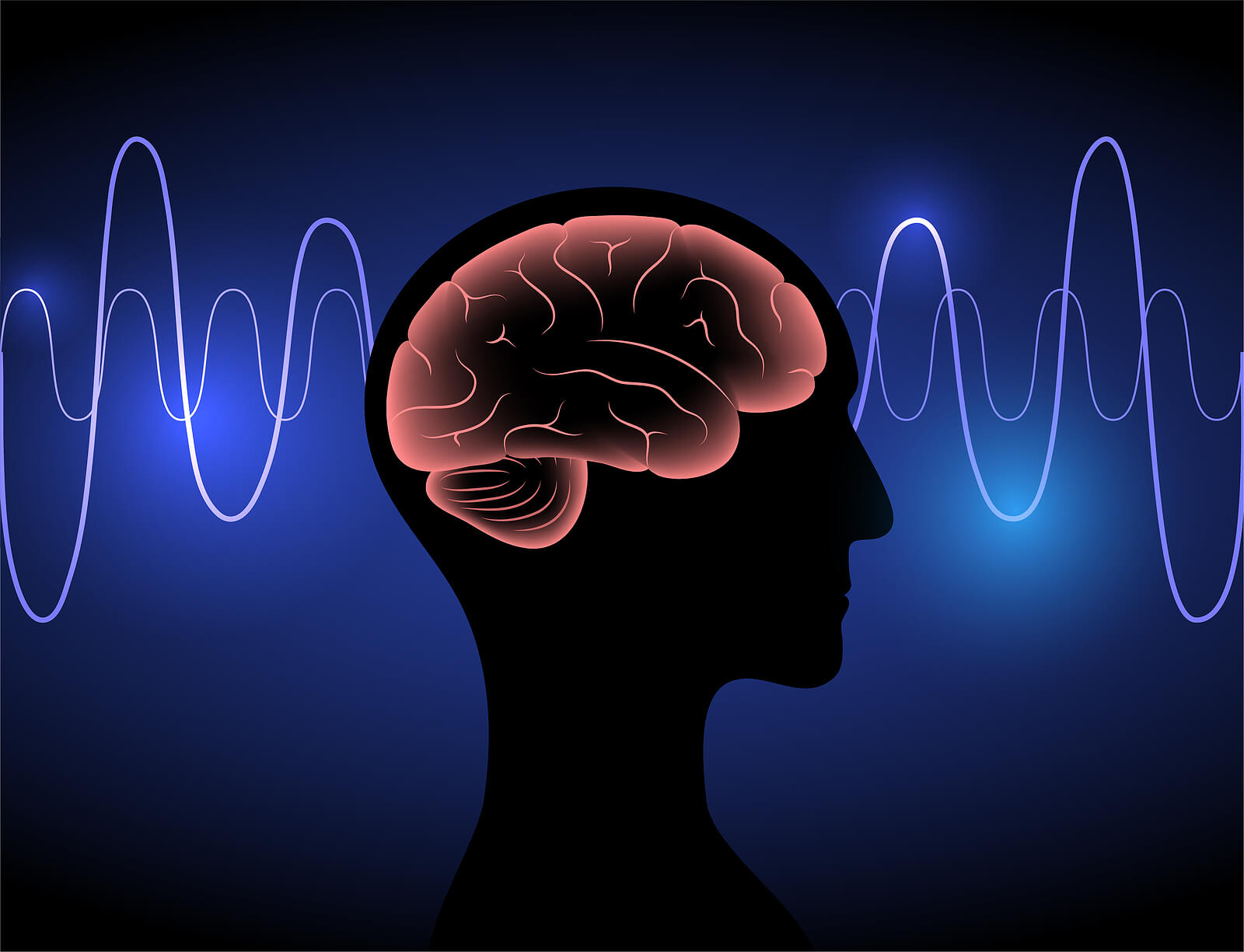Neurofeedback is an novel technique that has received attention for its potential to help control anxiety and enhance mental well-being. This method involves using immediate visualizations of brain activity to teach individuals how to control their brain function. By tracking brain waves, neurofeedback provides feedback that can help people understand to manage their mental states. This process can be particularly helpful for those dealing with anxiety, as it offers a new way to understand and handle their feelings.
Anxiety is a widespread mental health issue that impacts many people. It can appear in various ways, including excessive worry, restlessness, and physical indicators like a racing heart. Traditional treatments for anxiety often include therapy and medication, but these options may not succeed for everyone. Neurofeedback presents an alternative approach that focuses on self-regulation. By training the brain to operate more efficiently, individuals can discover to reduce their anxiety levels and boost their overall mental health.

The procedure of neurofeedback typically involves a trained expert who leads the individual through appointments. During these meetings, sensors are placed on the scalp to sites measure brain activity. The data is then displayed on a screen, allowing the person to see their brain waves in actual time. The goal is to help individuals identify patterns in their brain activity linked with anxiety. By practicing techniques to alter these patterns, they can learn to attain a calmer state of mind. This approach empowers individuals to take an active role in their mental health journey.
Studies has shown that neurofeedback can lead to notable improvements in anxiety symptoms. Studies indicate that individuals who undergo neurofeedback training often report feeling less anxious and more in control of their emotions. This technique not only helps in diminishing anxiety but also boosts overall mental well-being. Participants frequently experience better focus, improved mood, and increased resilience to stress. These advantages can lead to a more satisfying life, as individuals feel more equipped to handle challenges.
In summary, neurofeedback is a hopeful tool for changing anxiety management and enhancing mental well-being. By providing individuals with the ability to comprehend and control their brain activity, this technique offers a unique approach to dealing with anxiety. As more people seek effective ways to handle their mental health, neurofeedback is distinguished as a valuable option. With continued research and recognition, it has the capacity to change the lives of many individuals struggling with anxiety, leading to a more balanced and more equitable life.